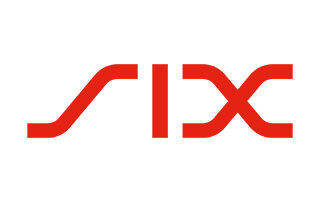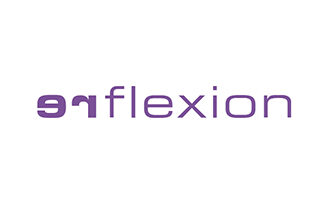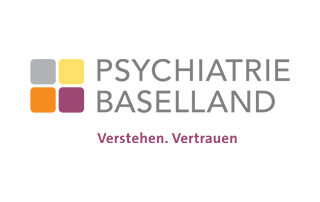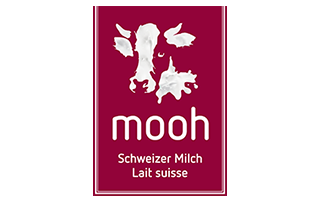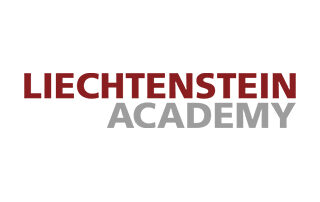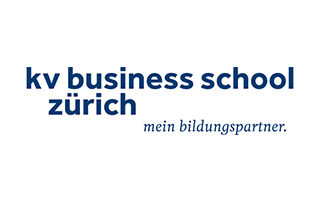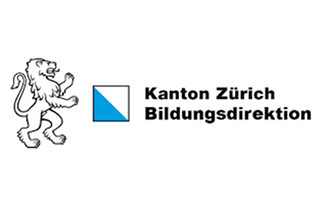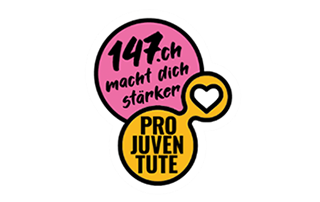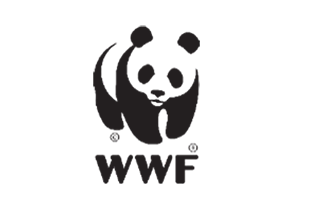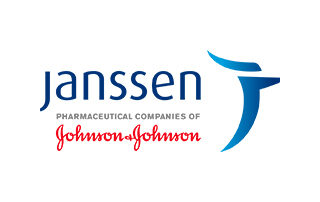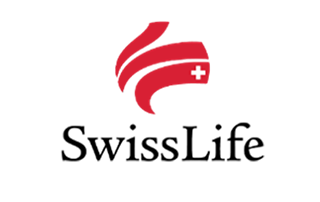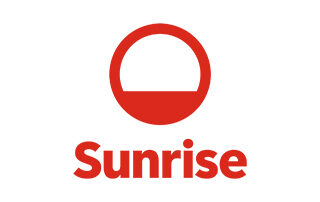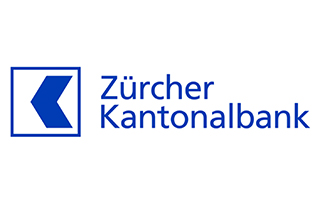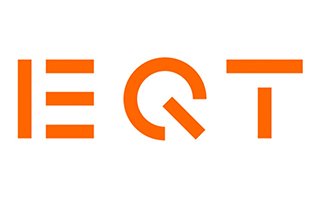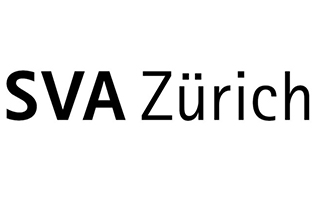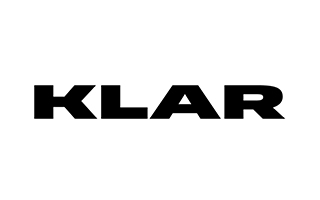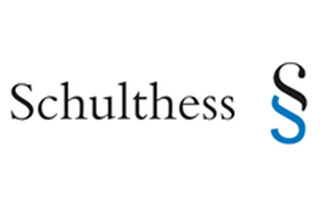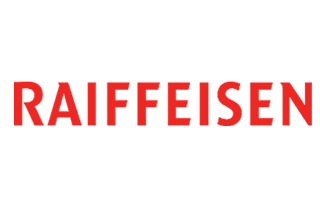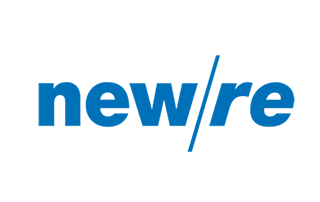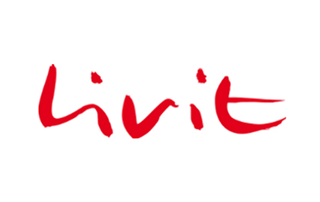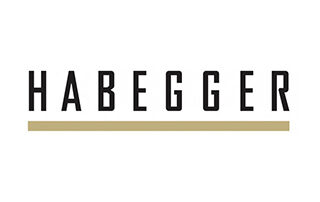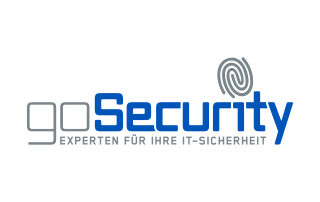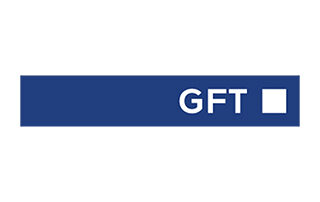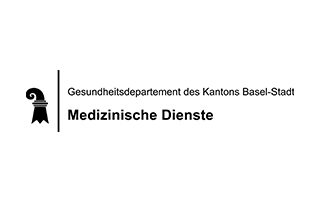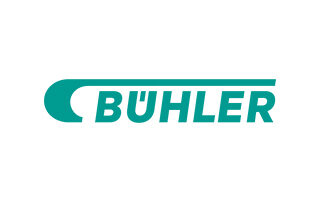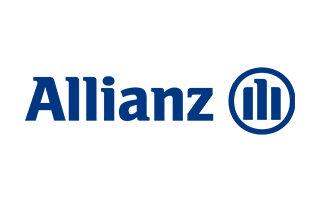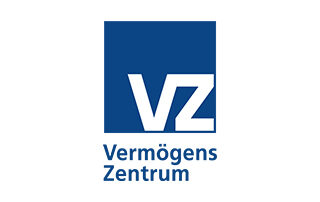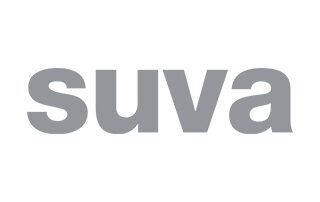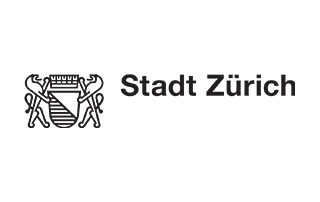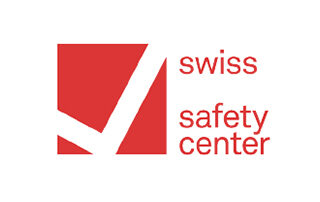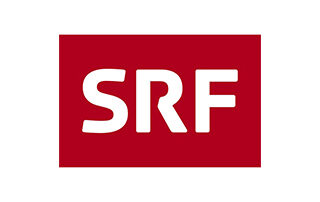The world is VUCA – it requires resilience
The VUCA world (volatility, uncertainty, complexity, ambiguity) poses big challenges to people, teams, organizations and systems. Resilience becomes central, for working people, children, young people and parents as well as for all others who feel strongly challenged by the current development.
In addition, new organizational and leadership models (e.g., agility / self-organization) will undermine our own patterns of thinking and acting, convictions and beliefs, and can unsettle us. However, it is not only the world of work that is challenged by VUCA, but also society, especially families, the elderly and particularly vulnerable groups.
Resilient at all levels
We describe resilience as inner strength that promotes a balance between stability and flexibility. It encompasses the ability to overcome crises and emerge strengthened. Resilience is promoted by agile thinking as well as by responsible, far-sighted and sustainable action. We know from resilience research that leaving our comfort zone makes us stronger on the inside. It is worth to do this consciously again and again, to face uncertainties with curiosity and to approach them in a goal- and solution-oriented manner. The VUCA world offers us daily opportunities to do this. Our focus is on fostering the creative and innovative power of individuals, teams, organizations and systems.
Mindful Resilience
Resilient is the one who leads him-/herself and others mindfully
In literature, “raw” resilience describes a specific aspect of resilience: a form of resilience that “endures” anything. Said exaggeratedly, it corresponds to statements such as “Nothing will kill me.” or “Anything is possible you just have to want it enough.”
“Mindful” resilience, on the other hand, focuses on self-care. The deeper we really know ourselves, the better we can also take responsibility for leading ourselves and others in a mindful way.
The goal in this understanding of fostering resilience is therefore not short-term performance, but the long-term promotion of mental and physical health and performance. Performance understood as the natural need to contribute effectively to the world, to actively shape projects and developments, to make a contribution that gives one fulfillment (purpose).
We promote these competencies as consultants, coaches and transformers in our work with our clients. We promote a conscious use of one’s own resources and the development of potentials. In doing so, we strengthen goal-, practice- and solution-oriented thinking and acting.
We are convinced that individuals who develop their emotional competence and organizations that promote a health- and performance-oriented culture are more sustainably successful. That is why we distance ourselves from an understanding of resilience that focuses only on success and performance. Unfortunately, that would only promote the risk of “overheating” and exhaustion (burnout). Instead, our resilience model focuses on relationships at eye level and makes decisions with a sense of proportion. It is oriented towards the long-term strengthening of individuals, teams, organizations and systems of all kinds.


